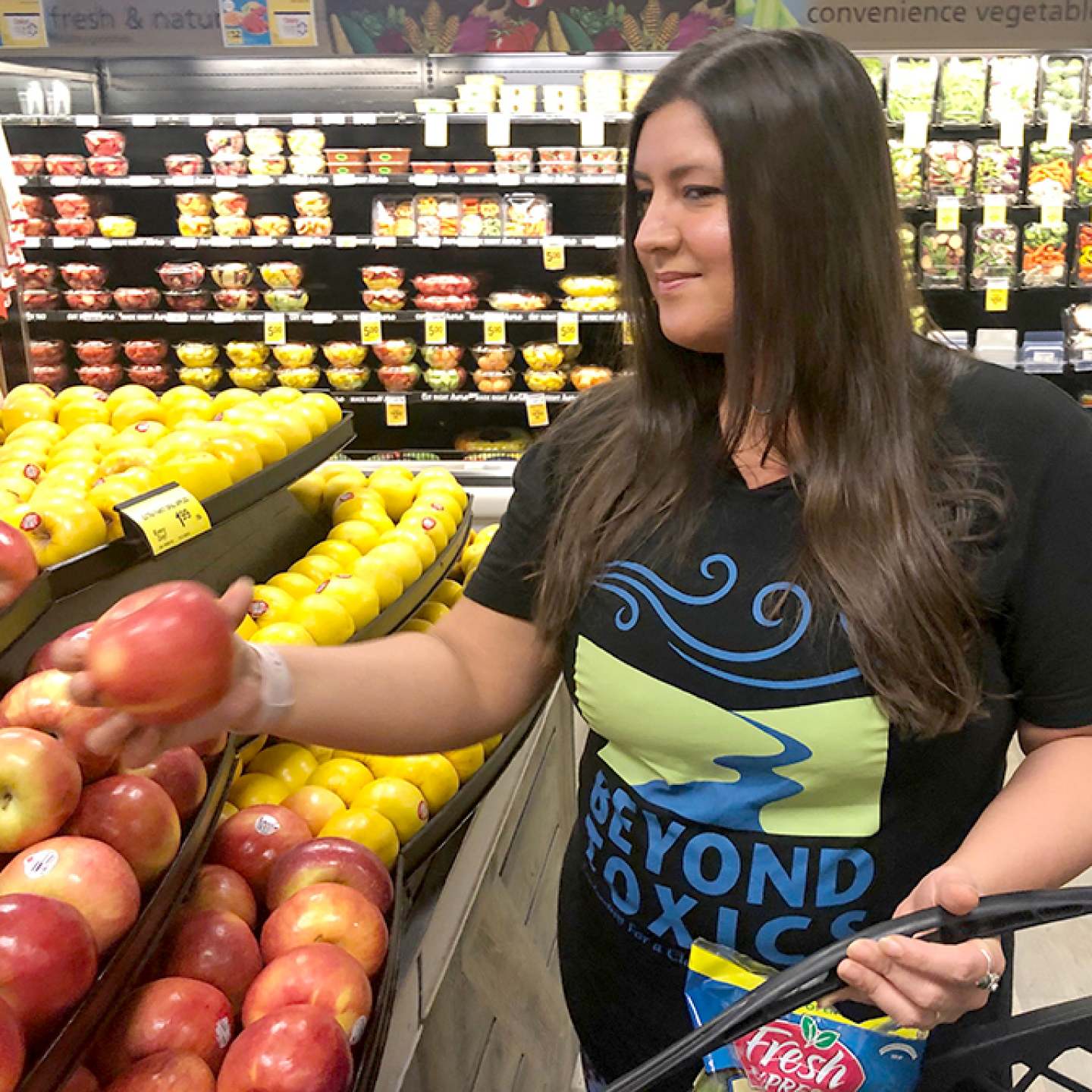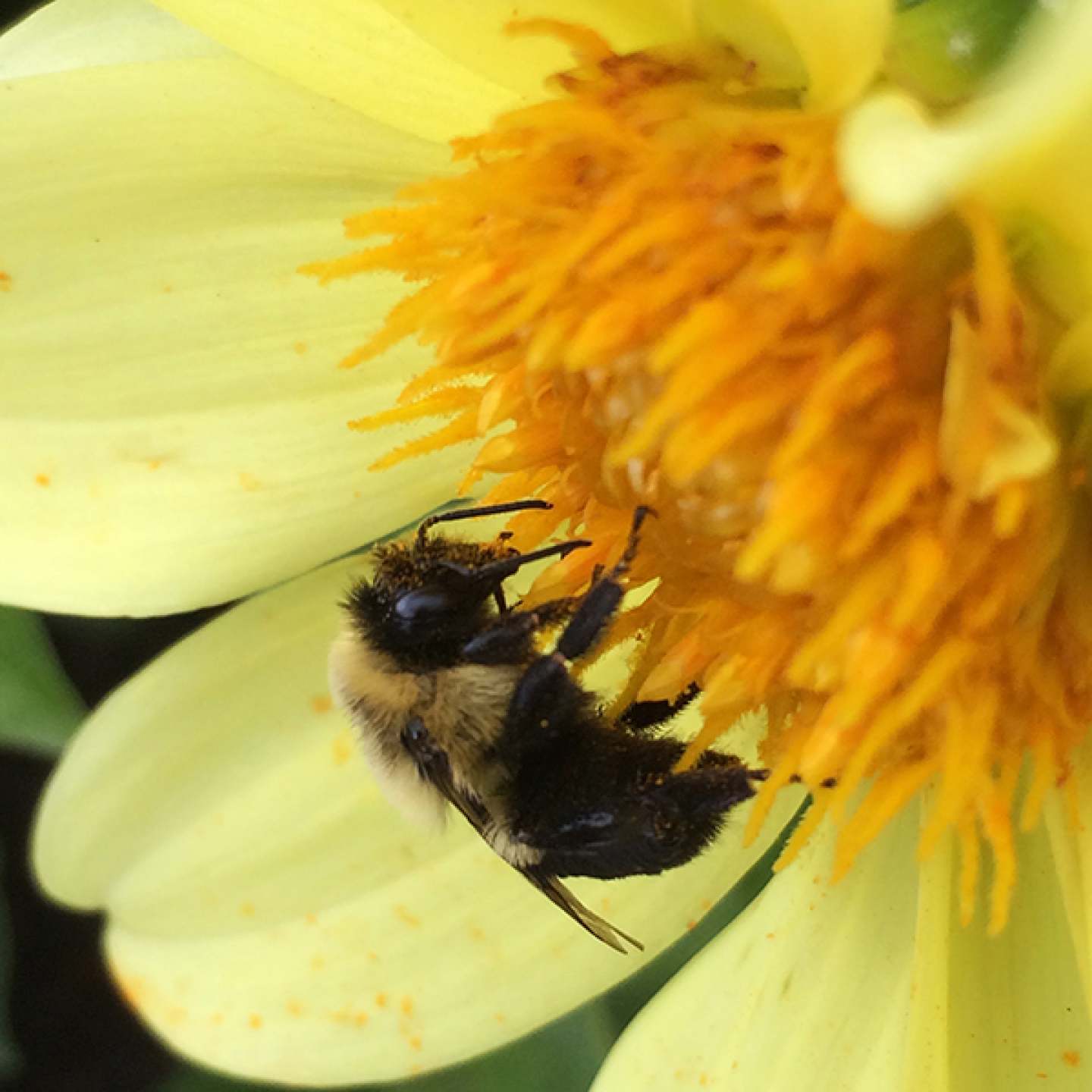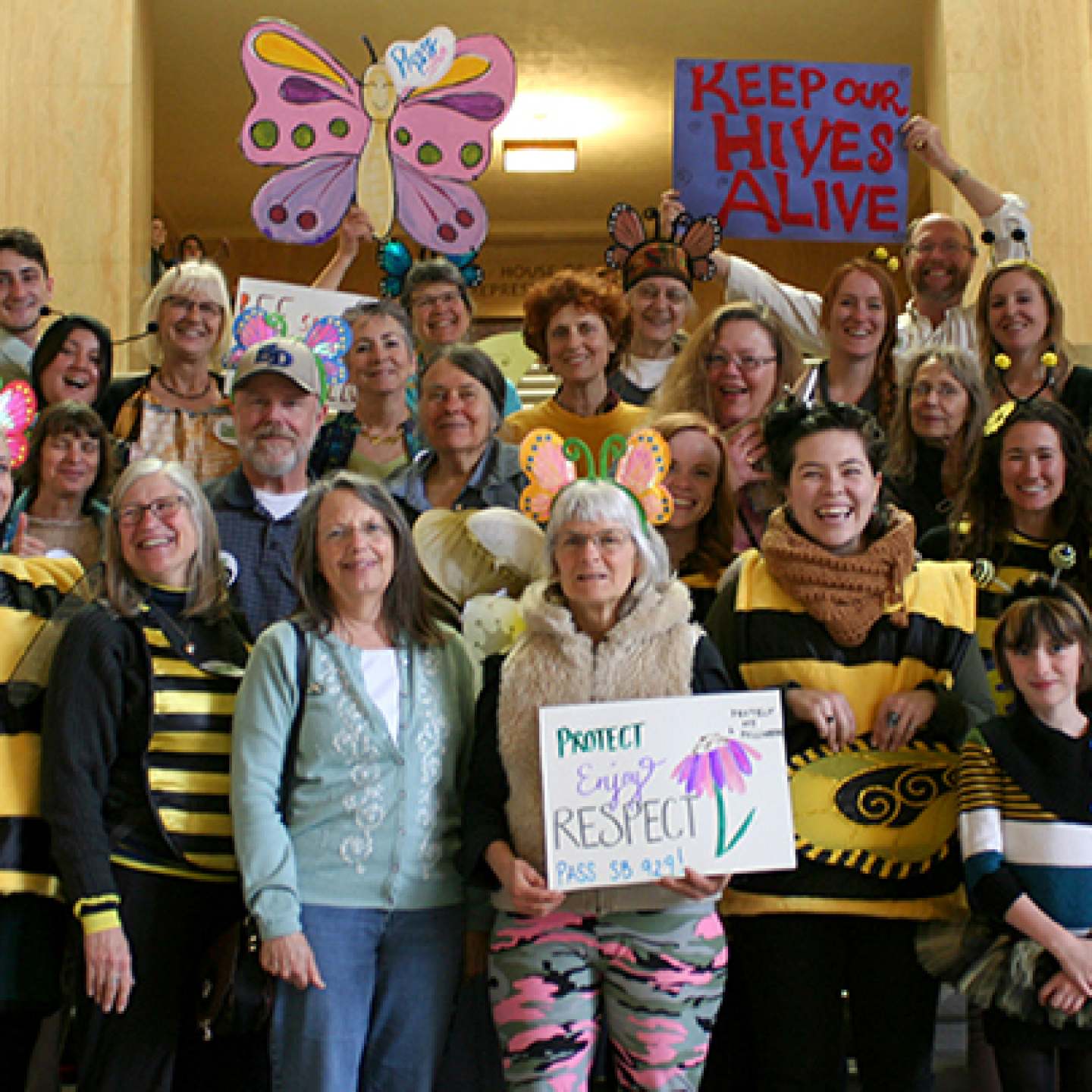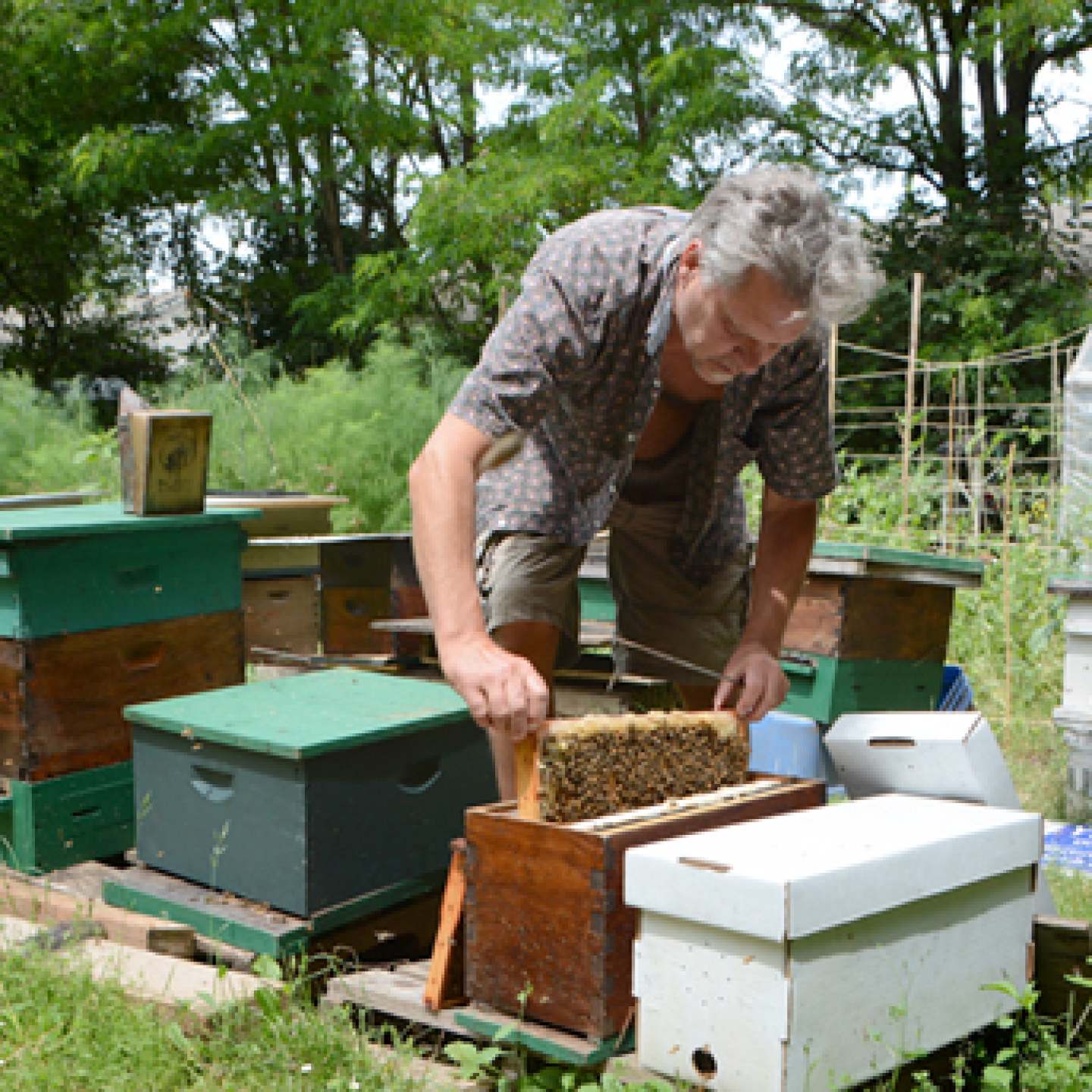Today we’re partnering with Friends of The Earth to help them release a national study revealing unsafe levels of pesticides in commonly purchased grocery store foods, including data from Oregon. During late 2018, Beyond Toxics representatives participated in this research project by shopping at common grocery stores in Oregon, including Costco and Fred Meyer.
Get on down for da’ bees!
Getting down for bees with jazz music, wine and food has everything to do with being a bee protector! We are celebrating bees with a fantastically fun event, but we aren’t joking about the real peril for pollinators. Bees are not safe in Oregon, or anywhere else in America. Eight species of native bees have very recently been put on the US Endangered Species List and are at the mercy of the Trump Administration.
Why You And I Are Thrilled to Protect Oregon’s People, Pollinators and Places – Again!
I’m writing this from the bedside of my childhood friend who grew up on the same street as I. Ten days ago she was fine. Today she is transitioning to her passing. Her breathing is ragged, her eyes are unfocused. Her doctors at Stanford University Medical Center told the family they have never seen such a rare and aggressive cancer. They can’t stop it, they can’t even slow it down.
Cancer. Linked to environmental pollution from toxic chemicals and poisonous pesticides.
Bees by the Numbers
There are a lot of reasons to be concerned about the rapid decline of many species of bees worldwide. Honey bees and bumble bees have played a crucial role in human cultures for thousands of years. Today, even with more industrialized modern agriculture, the humble bee (both native and domesticated bee species) still plays a remarkably important role in bringing food to the tables of people all around the world.








